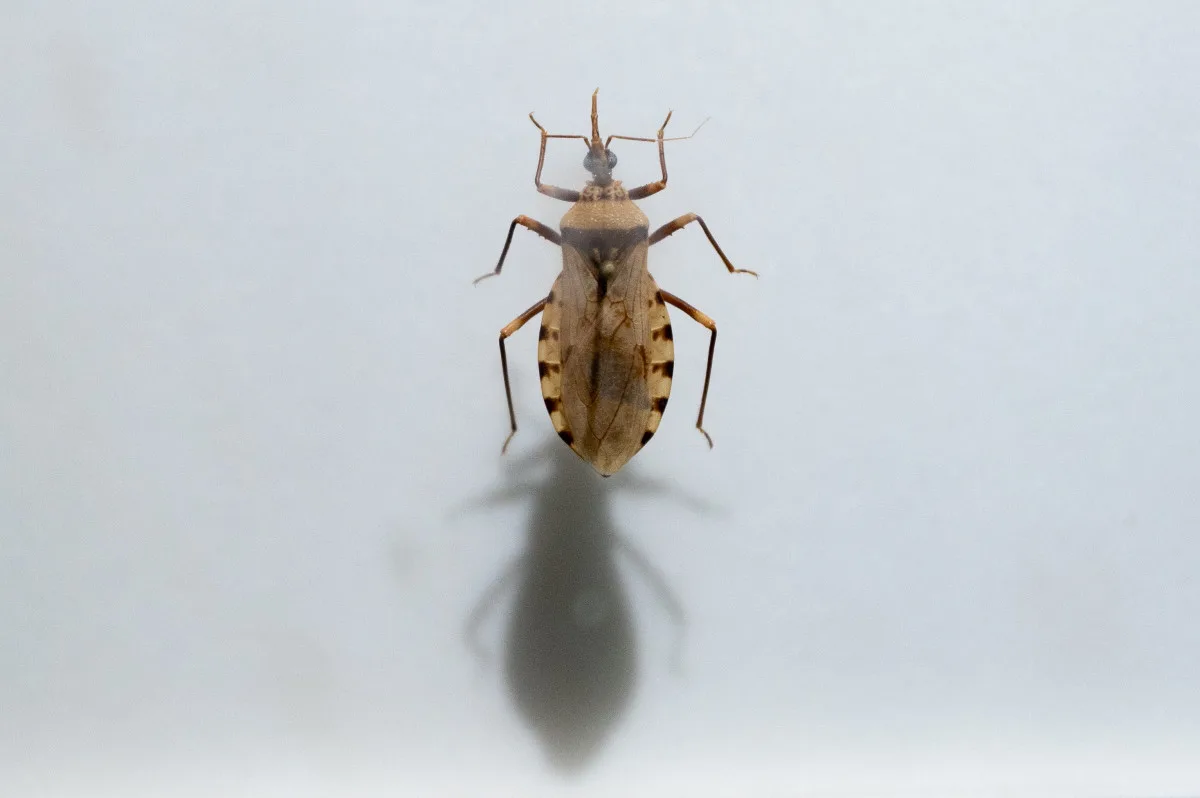September 2025 — U.S. health officials have confirmed that Chagas disease, commonly known as “kissing-bug” disease, is now endemic—meaning consistently present—in multiple parts of the country. Significant findings show that Triatomine insects (kissing bugs) carrying the parasite Trypanosoma cruzi are present in 32 states, with human infections originating locally in at least eight states, including Texas, California, and Louisiana.
How Chagas on Native Soil Emerged
Triatomine bugs, which feast on blood and often bite around the face, transfer the T. cruzi parasite through their droppings—a bite followed by scratching or rubbing can introduce the parasite into the body via skin or mucous membranes. While historically linked to Latin America, growing evidence shows these insects and wildlife reservoirs—including rodents, opossums, and coyotes—support a domestic transmission cycle across southern and some mid-U.S. regions.
Silent But Dangerous Spread
Chagas disease typically progresses in two phases:
- Acute Phase: Often asymptomatic or mild—with fever, fatigue, or eyelid swelling—this early stage is rarely noticed.
- Chronic Phase: Occurring years to decades later, about 20–30% of those infected develop life-threatening complications like heart failure or digestive system damage, often without warning.
Alarmingly, estimates suggest more than 300,000 U.S. residents may be living with the disease—many unaware of their infection.
Treatment Gaps and Prevention Needs
Only two antiparasitic medications—benznidazole and nifurtimox—are approved for treatment in the U.S., but they are most effective during the early acute phase and may carry significant side effects. No vaccine exists. Experts stress prevention and improved detection systems as immediate priorities.
Recommended protective actions include:
- Sealing cracks in homes and using insecticides to reduce bug entry.
- Wearing long clothing in endemic areas and keeping pets treated for parasites.
- Testing blood products and screening pregnant women and newborns in high-risk areas.
Why Recognizing Endemic Status Matters
Labeling Chagas as endemic acknowledges its ongoing presence and helps overcome misconceptions about its geographic limits. It paves the way for enhanced surveillance, better health provider training, and stronger public health funding—crucial steps toward identifying silent carriers and preventing long-term outcomes.
At a Glance
| Focus Area | Key Highlights |
|---|---|
| Disease Spread | Kissing bugs with T. cruzi now in 32 states; human cases reported in 8 |
| Infection Scope | Estimated 300,000+ infected in the U.S., mostly unrecognized |
| Health Risks | Chronic-phase complications include heart and digestive failure |
| Treatment Options | Only two approved antiparasitic drugs; no vaccine available |
| Public Health Response | Emphasis on prevention measures, awareness, and surveillance |















Leave a Reply